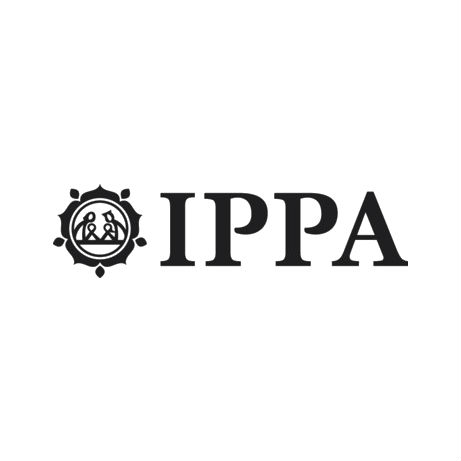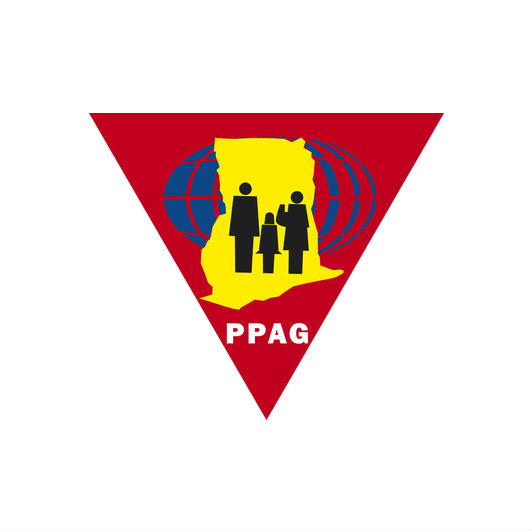

| 31 March 2016
Indonesian Planned Parenthood Association
The Indonesian Planned Parenthood Association (IPPA) initiated Indonesia’s family planning movement in 1957 by setting up facilities to provide advice and services. It did so in the face of strong opposition from the government and religious leaders, but in the intervening years it has prospered and grown, and now delivers an extensive range of sexual and reproductive health (SRH) services. IPPA operates a network of 96 service outlets including 45 permanent clinics, 25 mobile facilities, 50 associated centres/organizations and 56 community-based distributors/community-based services (CBDs/CBSs). The organization’s firm belief is that personal welfare and good health, and national prosperity are dependent to a large degree on access to SRH information and services. IPPA is particularly attuned to the needs of vulnerable and marginalized groups, and runs specific projects for street children, men who have sex with men, transgender men and female sex workers. Contacts Website: www.pkbi.or.id Twitter: https://twitter.com/suarapkbi

| 31 March 2016
Planned Parenthood Association of Ghana
Ghana is a country which has deep-rooted cultural norms, and structural barriers that perpetuate poor sexual and reproductive health. These include high risks of maternal mortality, high numbers of sexually transmitted infections, including HIV, and low levels of contraceptive use. The Planned Parenthood Association of Ghana (PPAG) was set up in 1967 to provide family planning services to the people of Ghana. Over the years, its work has expanded to cover a whole range of sexual and reproductive health (SRH) services. Today, in addition to basic family planning support, PPAG provides maternal and child health care, infertility management, and voluntary counselling and testing (VCT) for sexually transmitted infections (STIs) including HIV and AIDS. It also provides other SRH services (for example, programmes for the management of erectile dysfunction). PPAG’s operation depends on a team of 103 staff, over 1,000 volunteers, 300 peer educators, 551 community-based distributors (CBDs) and a Youth Action Movement membership of 810 young people. PPAG's delivers services and programmes through 1,356 service points, including 11 permanent clinics, 54 mobile clinics and over 1,000 community-based service points (CBSs). PPAG works with a huge roster of partners, right across government in health, education, HIV and AIDS, youth, and population planning departments. Its civil society networks include over 15 non-governmental organizations. It receives financial support from the Japanese International Cooperation Agency, the Japanese Organization for International Cooperation in Family Planning, UNFPA, the Programme For Appropriate Technology in Health (PATH), the African Youth Alliance (AYA), the Big Lottery Fund (BLF) of UK, DANIDA, the French Embassy, the UK’s Department for International Development (DfID), UNICEF and GTZ. Contacts Website: www.ppag.org.gh Facebook: https://www.facebook.com/Planned-Parenthood-Association-of-Ghana-PPAG-258152110962577/ Twitter: https://twitter.com/ppagghana







